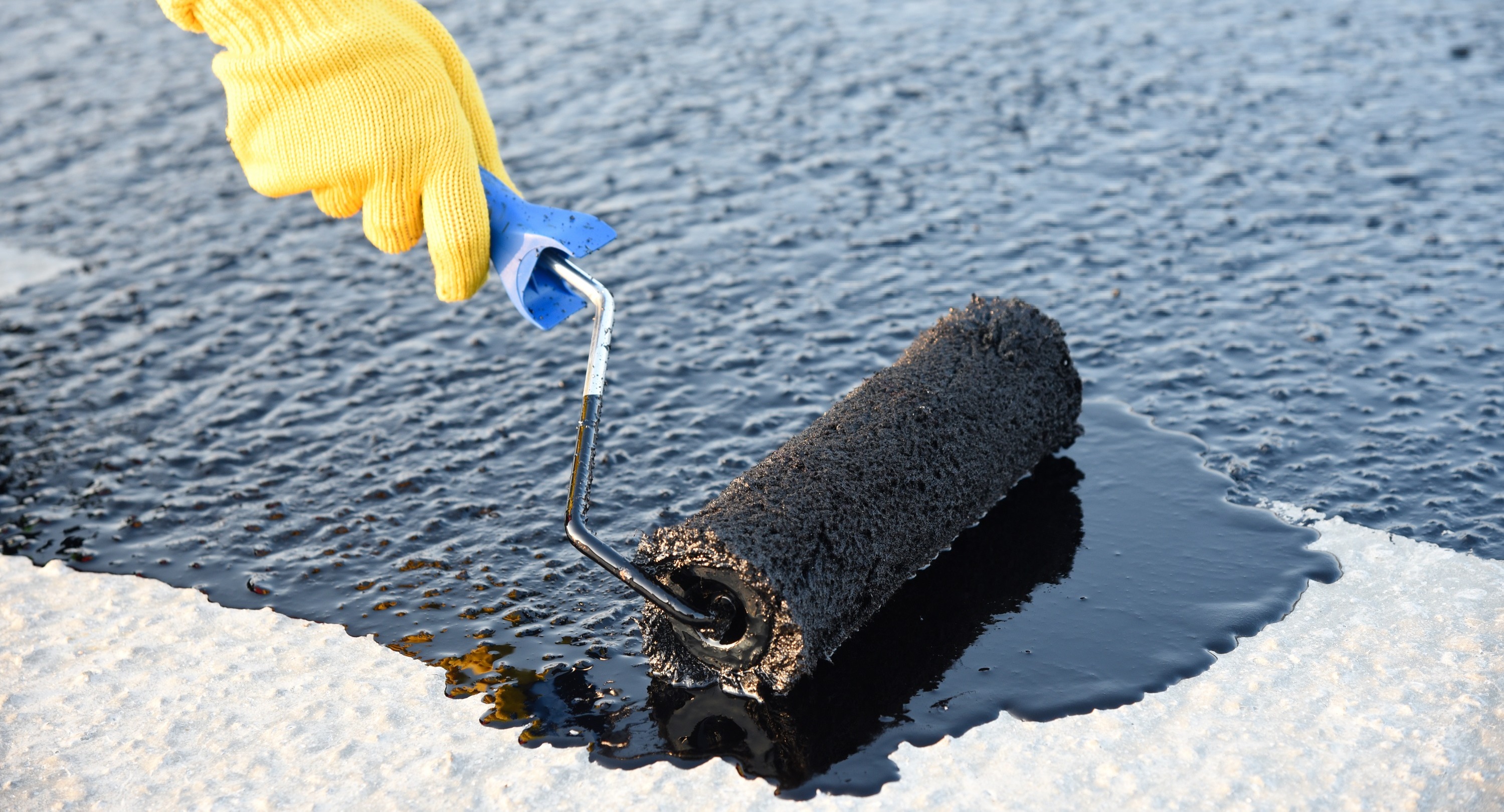Water proofing is a vital consideration for property owners and property managers alike, yet it often falls to the side until the harm is done. With the risk of water infiltration posing a serious threat to the integrity of structures, understanding the necessity of waterproofing becomes paramount. Whether you are looking to protect your home from flooding or simply want to prevent fungus growth in your cellar, the appropriate waterproofing solutions can save you thousands in repairs and ensure a safe living environment.
However, when it comes to executing waterproofing projects, many people find themselves torn between DIY approaches and hiring specialized services. Each option carries its own set of advantages and disadvantages. In this article, we will explore the key factors to consider when choosing between a do-it-yourself method and enlisting the help of a skilled waterproofing contractor. By outlining essential waterproofing strategies and debunking common myths, we aim to provide you with the knowledge necessary to make an educated decision that best suits your needs.
Comprehending the Importance of Waterproofing
Waterproofing is an crucial aspect of upkeeping any residential property or building, as it shields buildings from the harmful effects of moisture penetration. Water can leak into basements, walls, and roofs, causing significant damage over time. By implementing efficient waterproofing techniques, building owners can prevent issues like mildew formation, building decay, and expensive fixes down the line. This proactive approach not only safeguards the structural soundness of a home but also enhances its overall value and durability.
Neglecting waterproofing can lead to severe consequences. Many homeowners do not realize the severity of loss that moisture can cause until it is past the point of no return. Clues such as musty odors, changed wall colors, or wet basements should not be ignored, as they may indicate underlying issues that require immediate attention. The financial impact of ignoring these warning signs can be substantial, making it crucial for property owners to understand the necessity of timely water resistance measures to avoid more significant expenses in the long run.
Additionally, waterproofing is not just about protecting structures; it also contributes to safer living environments. Excess moisture can lead to the formation of mold, posing serious health risks to inhabitants. By ensuring that houses are adequately water resistant, not only are property damages stopped, but the overall air quality and comfort within the property get better. Thus, choosing the right waterproofing solutions is crucial for both safety and comfort, reinforcing the significance of this critical task.
DIY vs. Professional Waterproofing: Making the Right Choice
In terms of waterproofing your home or property, you may find yourself weighing the options between do-it-yourself solutions and hiring professionals. One of the main advantages of a DIY approach is cost savings. Many homeowners feel confident in tackling waterproofing tasks themselves, especially with the abundance of online resources and products at hand. If you have some basic skills and the appropriate materials, you can handle minor issues, like fixing cracks or applying waterproof coatings. Nonetheless, it's crucial to keep in mind that not all waterproofing jobs are appropriate for a DIY approach, and mistakes can lead to significant water damage down the line.

Conversely, professional waterproofing services offer knowledge and a guarantee of quality work. Experienced contractors have the knowledge and specialized tools necessary to address complex waterproofing issues efficiently. They can evaluate your property's unique needs and recommend tailored solutions that may not be apparent to an untrained eye. Additionally, professional waterproofing often comes with warranties, which provide comfort knowing that any future issues related to the work done will be covered.
In the end, the decision between DIY and professional waterproofing depends on the seriousness of the problem and your level of expertise. For minor, manageable tasks, a DIY approach may suffice. On the contrary, for larger projects or critical issues, investing in professional services can save you time, effort, and potentially considerable repair costs in the future. Evaluating your skills and the specific needs of your property will guide you toward the most effective choice for effective waterproofing.
Key Water-proofing Techniques for Property Owners
Property owners can implement several efficient waterproofing techniques to shield their homes from moisture damage. french drain installation of the most important measures is maintaining proper drainage around the base. This involves sloping the landscape away from the home to channel rain away from the home, as well as placing gutters and downspouts to manage roof runoff. Frequently cleaning these systems helps reduce blockages that could lead to standing water near the base, significantly lowering the risk of leaks and structural damage.
Another important technique is putting on waterproof coatings to both indoor and outdoor surfaces. Using premium sealants on basement walls and floors helps create a shield against moisture infiltration. For outdoor walls, select suitable paint or membrane systems designed for waterproofing, and make sure to cover all vulnerable areas completely. Additionally, homeowners should always address any cracks and gaps in their walls and basements to prevent water leakage before applying these coatings.
Finally, creating a humidity-controlled environment indoors is important for stopping mold and mildew growth. Homeowners should evaluate investing in dehumidifiers, especially in basements and crawl spaces where moisture tends to accumulate. Regularly inspecting and sealing areas prone to leaks, such as near windows and doors, also plays a crucial role in keeping indoor spaces moisture-free. By combining these techniques, homeowners can safeguard their houses and enhance their durability against moisture damage.
